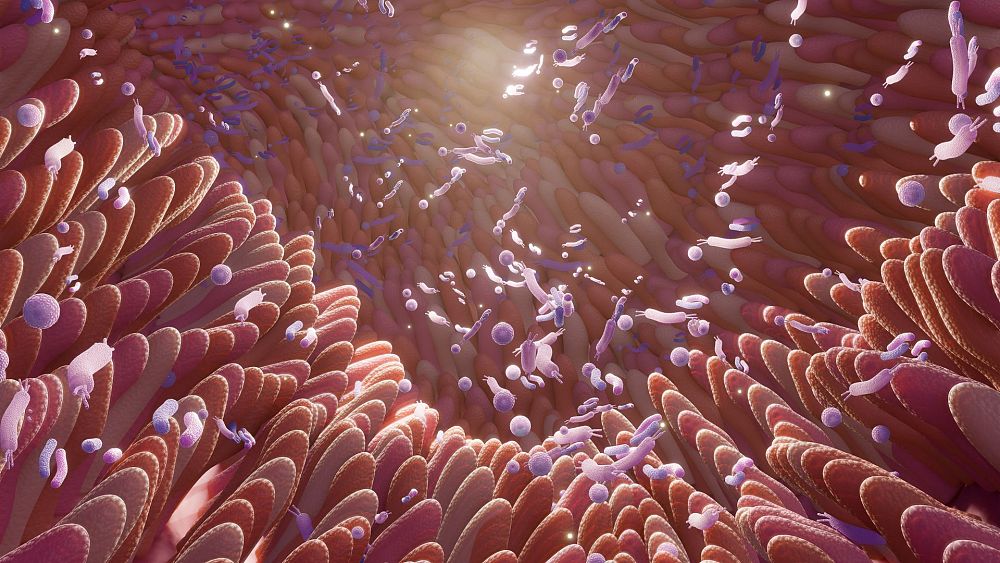An imbalanced gut microbiome was found to be linked to four common childhood allergies: eczema, asthma, food allergies and hay fever.
Scientists may have identified the origin of the most common childhood allergies, including eczema, asthma, food allergies and hay fever.
A new study reveals that all of them may be related to the intestinal microbiome, the community of microorganisms (bacteria, fungi and viruses) that live in the digestive system.
The findings of the study, published in the journal Nature Communications, could lead to methods for predicting whether a child will develop allergies, as well as ways to prevent them from occurring, the researchers say.
Scientists at the University of British Columbia and the Children’s Hospital of British Columbia, Canada, found that gut microbiome characteristics and early-life influences were linked to the occurrence of these four common allergies.
Although allergies have their own symptoms, researchers wanted to see if they had a common origin related to babies’ gut microbiome.
Dr. Charisse Petersen, co-lead author of the paper, stated that while allergies are technically different diagnoses, at the cellular level “They actually have a lot in common.”
The researchers analyzed clinical evaluations of 1,115 children whose data were followed from birth to age five. About half of them had no allergy symptoms at any time, but 592 were diagnosed with one or more allergic disorders by a doctor.
Imbalanced gut microbiome
By studying stool samples collected at clinic visits at three months and one year of age, they discovered a bacterial signature associated with children who developed any of the allergies by age five.
The bacterial signature is a hallmark of an imbalanced gut microbiome, which likely results in a compromised gut lining and an elevated inflammatory response within the gut.
“Normally, our bodies tolerate the millions of bacteria that live in our intestines because they do many good things for our health. Some of the ways we tolerate them are to maintain a strong barrier between them and our immune cells and to limit the inflammatory signals that would call those immune cells into action.“explains Courtney Hoskinson, PhD student at UBC and first author of the article.
“We found a common failure in these mechanisms in babies before the development of allergies.”
The causes of this imbalance can be attributed to several factors, such as diet, the way the baby is born, where the baby lives, and its exposure to medications such as antibiotics. Antibiotics can destroy sensitive bacteria, while breastfeeding is known to replenish and provide necessary nourishment for the bacteria in the infant’s gut.
Dr. Stuart Turvey, professor in the Department of Pediatrics at UBC and co-senior author of the study, said: ““This solid analysis can provide many insights.”
“From this data we can see that factors such as antibiotic use in the first year of life are more likely to lead to later allergic disorders, while breastfeeding for the first six months is protective. This was universal for all disorders allergies that we study”.
Researchers hope to use the results to find treatments that correct an unbalanced gut microbiome.
Hundreds of millions of children around the world suffer from allergies, which can have significant health and psychological repercussions.
In addition to the obvious health risks, the charity Allergy UK explains that allergies can affect children’s well-being in many other ways, such as fear of a possible allergic reaction, concern about using adrenaline auto-injectors, food aversion and sleep deprivation.
Image:Getty Images































